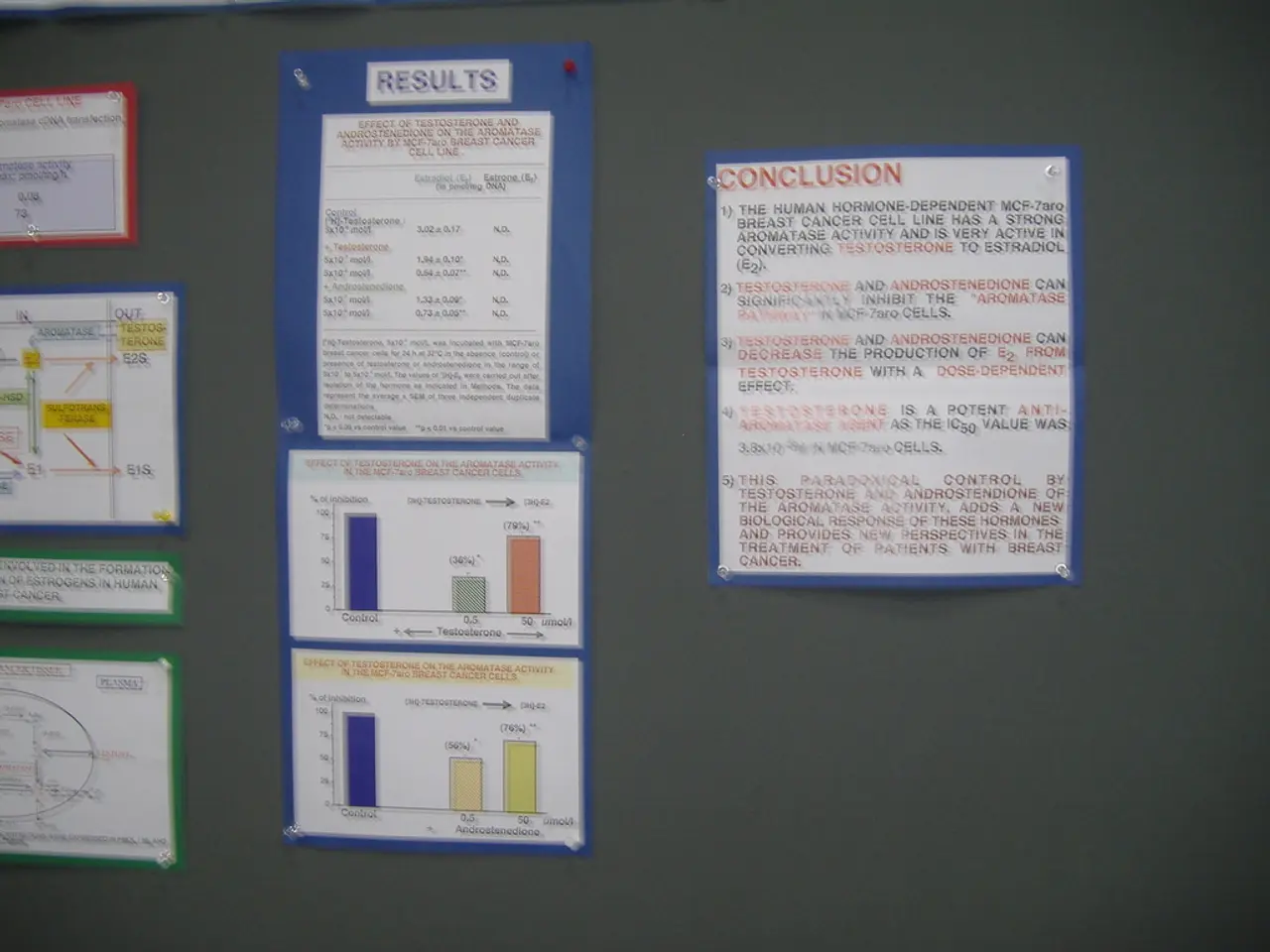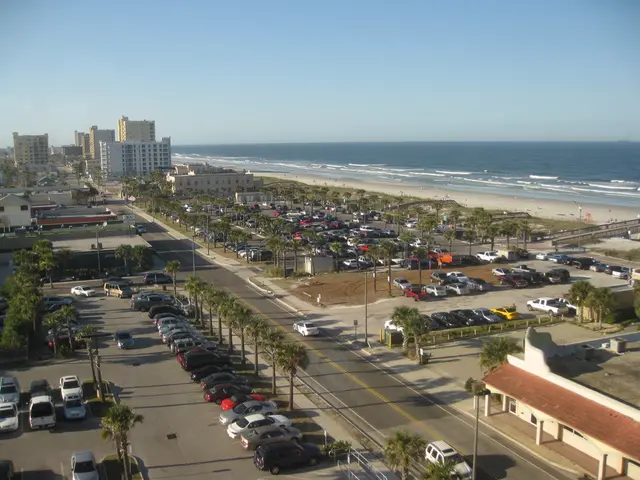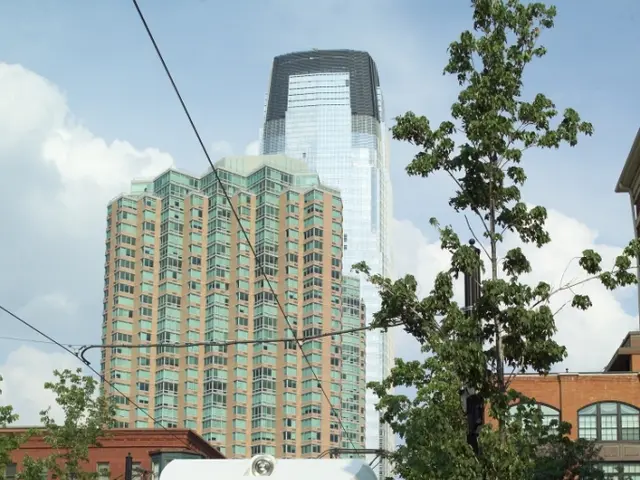Success in Challenge: Musk's SpaceX and Other Companies Overturn US Labor Board's Configuration in Court
The 5th U.S. Circuit Court of Appeals has made a historic ruling, finding that the statutory protections that shield members of the National Labor Relations Board (NLRB) from being removed at will by the President are likely unconstitutional. This decision could have significant implications for the NLRB's ability to pursue cases against companies.
The 5th Circuit Court, which hears appeals from district courts in Louisiana, Mississippi, and Texas, ruled that the for-cause removal restrictions violate the U.S. Constitution's separation-of-powers doctrine. The Court argued that NLRB members wield substantial executive power and lack statutory partisan balance protections, placing them outside precedents like Humphrey's Executor that otherwise allow such removal limits.
The ruling is the first by an appeals court to challenge the NLRB's structure. It comes after the President fired a Democratic member of the NLRB, Gwynne Wilcox, in January, who subsequently sued to get her job back. The five-member NLRB has been paralyzed since Wilcox's dismissal.
The 5th Circuit Court's decision also addresses the removal protections for administrative law judges (ALJs) within the NLRB. ALJs can only be removed "for good cause" as determined by the Merit Systems Protection Board (MSPB), whose members themselves enjoy for-cause removal protection. The Court deemed this dual layer of removal protection unconstitutional, as it unduly limits presidential control and accountability over these inferior officers.
The Court issued preliminary injunctions blocking unfair labor practice proceedings involving specific employers until the issue is resolved. A possible remedy could be severing the unconstitutional removal protections while keeping the rest of the statute intact.
This constitutional problem raises concerns about the President's limited removal power over the NLRB, an independent federal agency that protects the rights of private sector employees to unionize and collectively bargain. The Court's ruling could have far-reaching effects, particularly for the NLRB's ability to pursue cases against companies.
Notably, the Employers, including SpaceX, have argued that they should not have to choose between complying with NLRB decisions and constitutionality. SpaceX has a separate pending lawsuit against the NLRB, and the Trump administration is making similar arguments in a series of cases challenging the board's structure.
The 5th Circuit Court of Appeals ruling was made by a panel that included a second Trump appointee and a judge appointed by Republican President George H.W. Bush. Circuit Judge Don Willett, an appointee of Republican President Donald Trump, wrote that because the executive power remains solely vested in the President, those who exercise it on his behalf must remain subject to his oversight.
This development is particularly interesting given the public falling out between Elon Musk, a top adviser to Trump, and the President in May. Musk's company, SpaceX, is one of the employers involved in the ongoing legal battle with the NLRB.
In conclusion, the 5th Circuit Court of Appeals has ruled that the NLRB's member removal protections significantly restrict presidential removal authority in ways that are likely unconstitutional. This ruling could have significant implications for the NLRB's ability to pursue cases against companies, particularly in the context of the ongoing legal battle between the NLRB and various employers, including SpaceX.
Read also:
- Stone mining has transformed the once renowned 'Sada Pathor' into a desolate, post-apocalyptic landscape.
- Revised Tax Policy for Motor Vehicles Pushed for Greater Eco-friendliness, Suggested by Court Auditors
- Solar Energy Generated in Uckermark Supplies Messe Frankfurt with Eco-friendly Power
- Switzerland conducts a public vote on the future of nuclear energy








